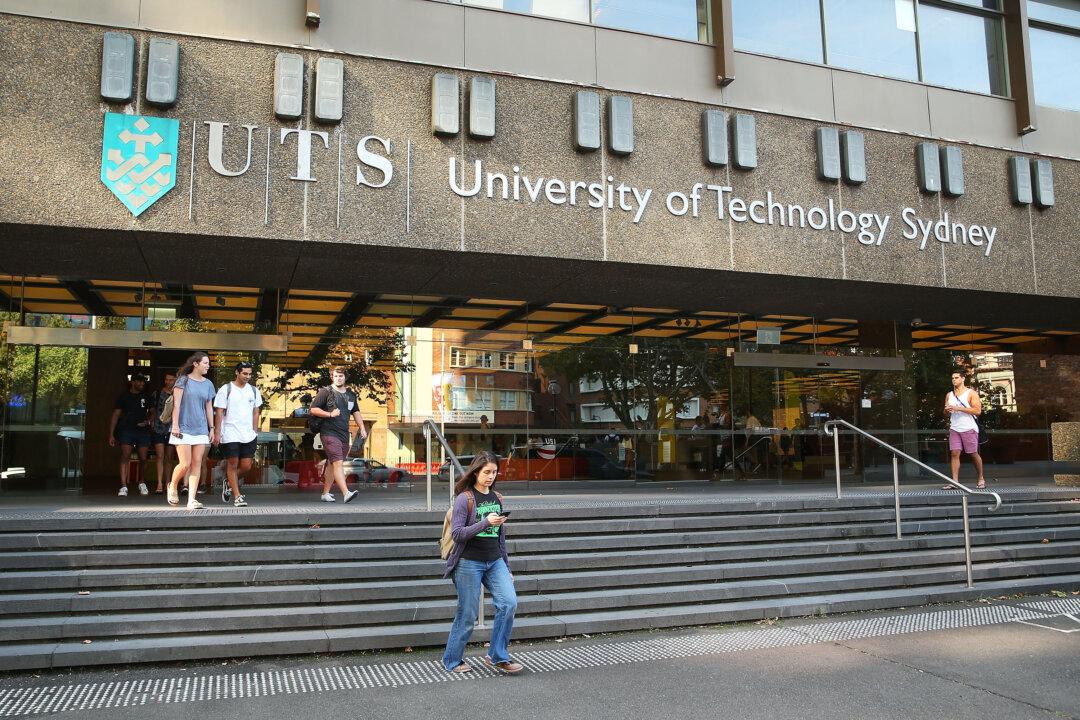The education sector has pushed back against the Australian government’s move to limit the number of new international students admitted by education providers.
According to a media release on May 11, the legislation will allow the education minister and the minister for skills and training to cap international student enrolments to “support the integrity and sustainability of the international education sector.”




